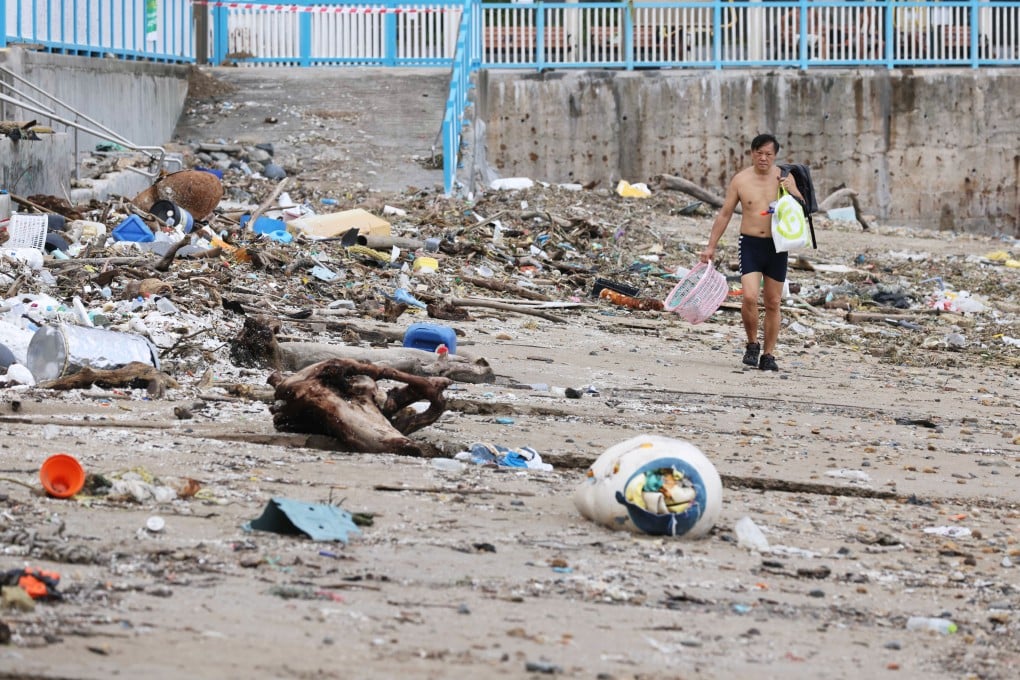Opinion | John Lee is pulling out all the stops to improve housing in Hong Kong. Can he do the same for the environment?
- With our city facing mounting environmental threats, there are plenty of tried-and-tested policies that could easily be implemented
- But to allow for the development of green technologies, the mindset of officials first needs to evolve

There is no shortage of road maps focusing on climate change, air pollution, waste management and biodiversity. Lee just has to ensure the support of all relevant government departments. Listening to public opinion would help.
Some are so devastating that they can take lives in a single incident, while others, like air pollution, are silent killers that harm our health over longer periods.
Traditional internal combustion engines used for road and sea transport have contributed significantly to Hong Kong’s air pollution, for instance. In 2020, they accounted for 19.7 per cent of our total carbon dioxide emissions. Transitioning to clean and zero-carbon fuels for transport is a sound policy being adopted worldwide to lower the health risks.
When Hong Kong’s road map for popularising electric vehicles was launched last March, it stressed that commercial vehicles as well as private cars should move to zero-carbon energy sources.
